For years I have wondered about Lithuania. What was it like? This Baltic country was the homeland of my immigrant grandmother, Marianna. Two years ago, I promised myself that I would travel there. Fifty years had passed with no communication with relatives.
A month ago, when I stepped onto Lithuanian soil and began to experience this exquisite country, my first impression was that Lithuania felt like home. In researching my trip and experiencing the country first-hand, I learned that Lithuania is a land of geographical contrasts, rich history, and deep traditions.
A resilient people, the Lithuanians have survived centuries of unwelcome governance by other nations and extreme suffering at the hands of invaders. Remarkably, the Lithuanian people endured, often resisted their oppressors, and somehow protected their language and culture. The first country to break away from the Russian bloc (1991), their high level of education, respect for the environment, and enterprising nature are moving this spirited nation forward.
While I was visiting Lithuania, a writer friend was visiting Poland, also on an ancestral journey. I smiled when I read her email question to me: could her DNA know? She described the similar phenomenon — that surreal sense of being home. Her question has been on my mind since she posed it.
The feeling is somewhat difficult to describe. Calming and peculiar at the same time, this same wash of familiarity had pervaded my trips years ago to Quebec, Montreal, Arizona, and even Alaska. Maybe my DNA somehow recognized French Canada, my mother’s homeland, but why Arizona and Alaska?
I believe part of the answer came less than a year after the trip to Alaska. When I submitted my DNA to National Geographic’s genographic project in 2006, they analyzed my mitochondrial DNA. According to their report, my mother’s mother’s mother’s… people had traveled out of Africa, across the Middle East and Asia, and over the land bridge to the Americas. I was stunned. I expected the diagram to show a path to western Europe. Could this be correct?
Before contacting National Geographic, I called the cousin who had assumed the research on our French Canadian family after I had to let it go due to work demands. She HAD identified the likely ancestor in our family tree, a Native American woman. As it happens, we also have some Native American blood on our Canadian grandfather’s side of the family. So this information provided a possible clue about why an unfamiliar place might feel familiar.
Any rational person might dismiss these “sense of home” impressions, perhaps assigning the experiences to the realm of overactive imagination. As I age, though, I trust my instincts more. They have proven reliable far too frequently to ignore, somehow magically distilling my reservoir of knowledge and life’s experiences, not so unlike the insights that “big data” analyses digitally discover for businesses today. In simpler terms, I also pay more attention to any impression that moves from a single point, to two (a pattern), and then three or more (a trend). Just part of the lessons of business and life.
That being said, my left brain would still like to see science backup my sensory feedback. In every century, science does bring clarity to some of life’s mysteries. So, as I sit here writing this blog, and though emotionally accepting the wisdom of my intuition, my intellectual curiosity is jiggling. Is there scientific evidence to support this feeling of “being home” in a location you are visiting for the first time? Is there such a thing as genetic memory?
This lingering brain action is normal for me. My cousin, Birute, in Lithuania, had commented that our family has curiosity in its blood. Her observation, shared during my Lithuanian visit, agrees with what I know. Many of my U.S. relatives are/were not just curious occasionally, but skilled problem solvers, perpetually looking for answers to their questions.
My grandmother, Marianna, her father, Nikodimas, and her husband Andrzej all exhibited this attribute during their lives. If you have read my book, UNTIL THE ROBIN WALKS ON SNOW, you are familiar with how they and the midwife did not hesitate to attempt the impossible in 1922 — find a way to save a 1.5 pound newborn. Researching this compelling story helped me to understand why I have consistently chosen to “climb mountains” during my business career. Challenging projects are like a favorite food!
So, my curiosity is fueling my fingertips right now. As someone who was a reference librarian when the internet did not exist, I just marvel at what can be found with only a few key strokes and a little time.
Well, there will be more than I have found so far. But, I have identified a field which appears to be investigating related questions. Epigenetics is a relatively young field of interdisciplinary study. A number of credentialed researchers are examining whether the genetic code of humans and animals is altered by life experiences and then transmitted to offspring, with effects emerging in subsequent generations.
Wouldn’t it be fabulous if, in our lifetime, they more fully unravel the breadth of genetic memory? Will these curious scientists be able to explain eventually that peculiar sense of “coming home” when visiting a land of your heritage?
What do you think? Have you visited an ancestral country and had the feeling you were home?
Here are a few links if you are curious to read more about Epigenetics and related research. If you find more great information, please leave a comment.
http://www.routledgementalhealth.com/books/details/9780415191876/
Key to photos by Bernice L. Rocque. All rights reserved.
Photo 1: Cathedral Square, Vilnius, Lithuania (6-11-2013)
Photo 2: The Nemunas River, taken at Vilkija, near Kaunas (6-15-2013)
Photo 3: Historical house at Rumsiskes Open Air Museum, outside Kaunas (6-14-2013)
Photo 4: Forest on the Coronian Spit (Kursiu peninsula) (6-17-2013)
Photo 5: View from Ventes cape toward Curonian Spit (Kursiu peninsula) (6-16-2013)
Photo 6: Giant pine in Palanga (6-18-2013)


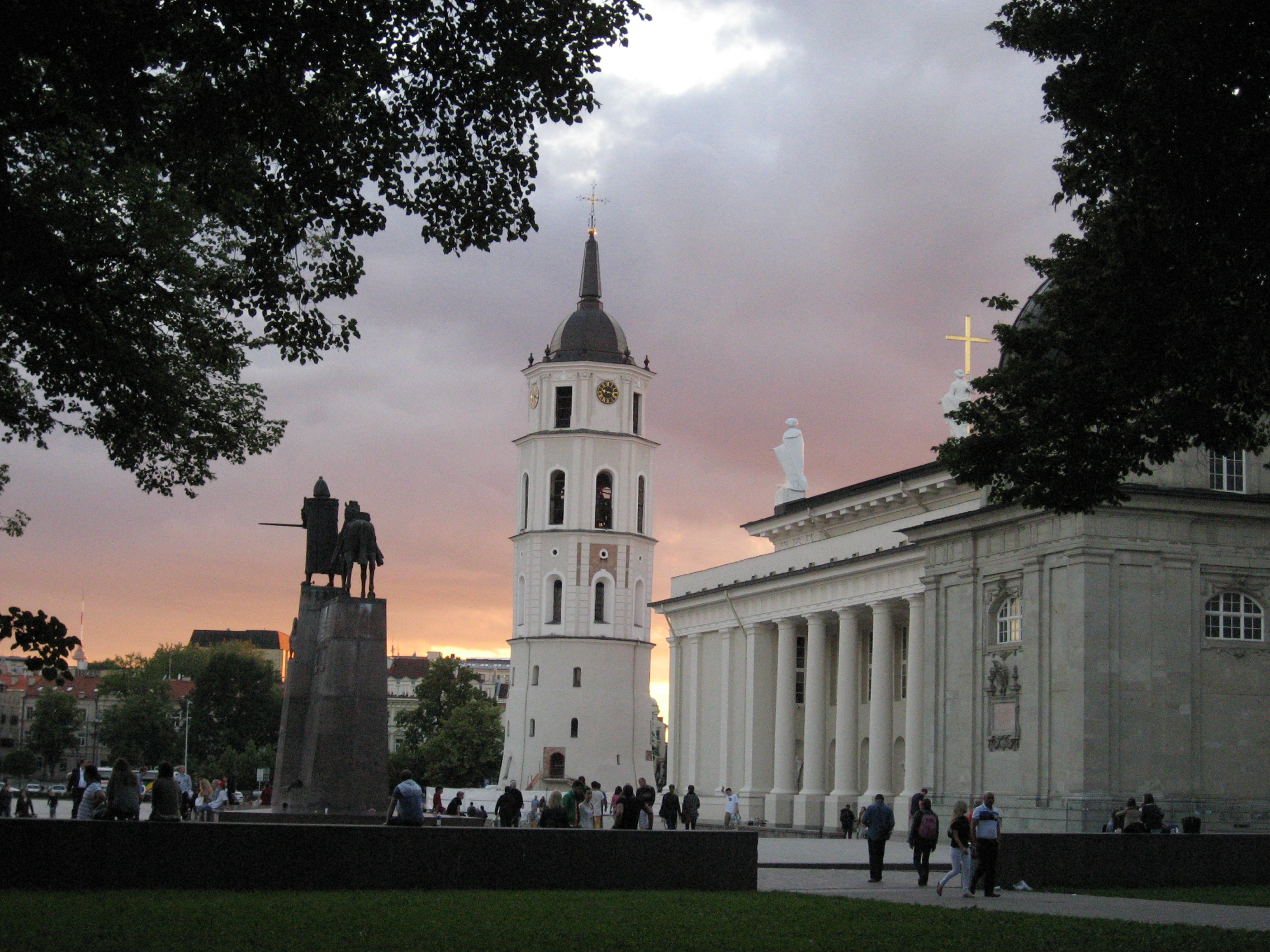
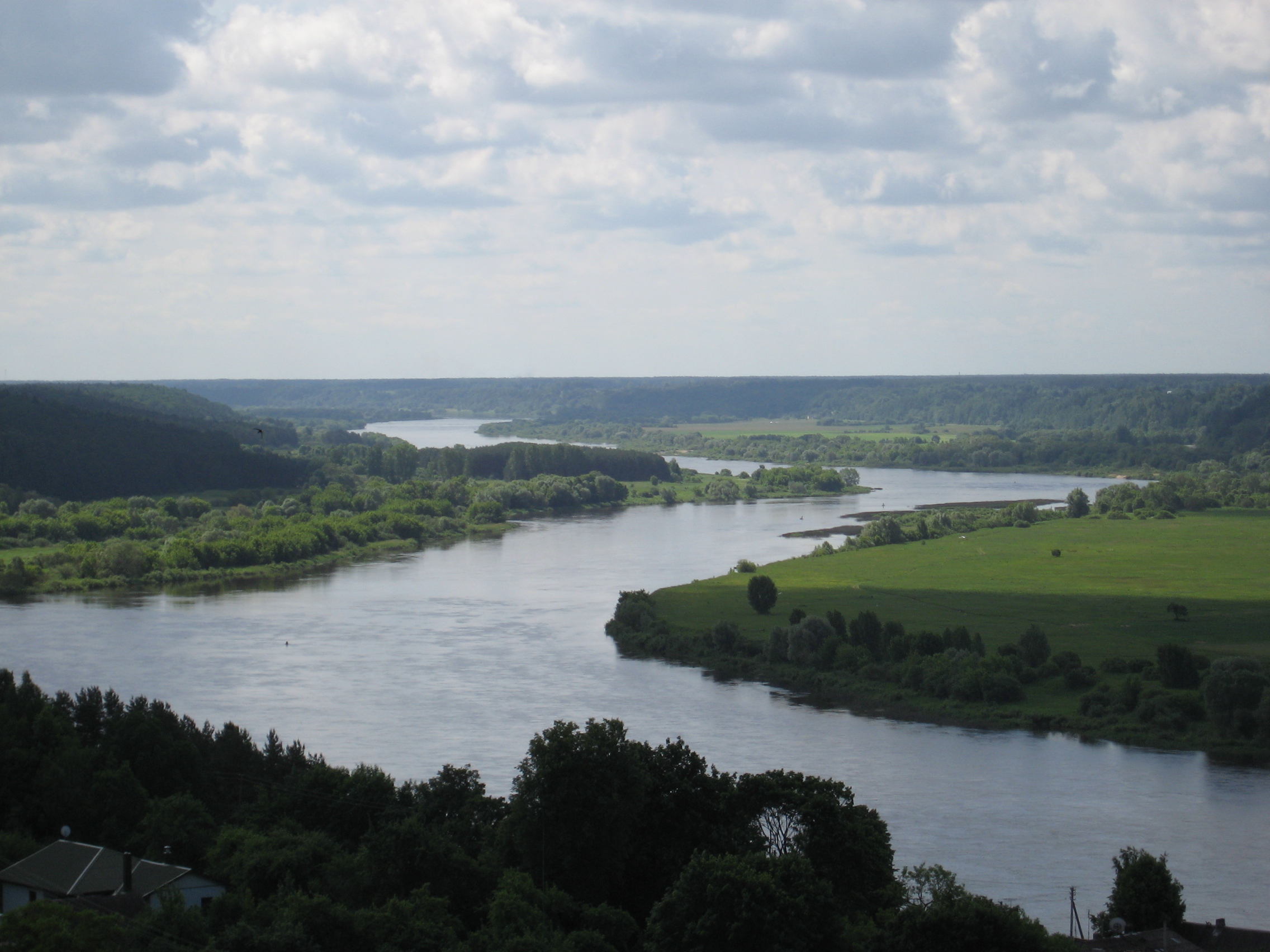
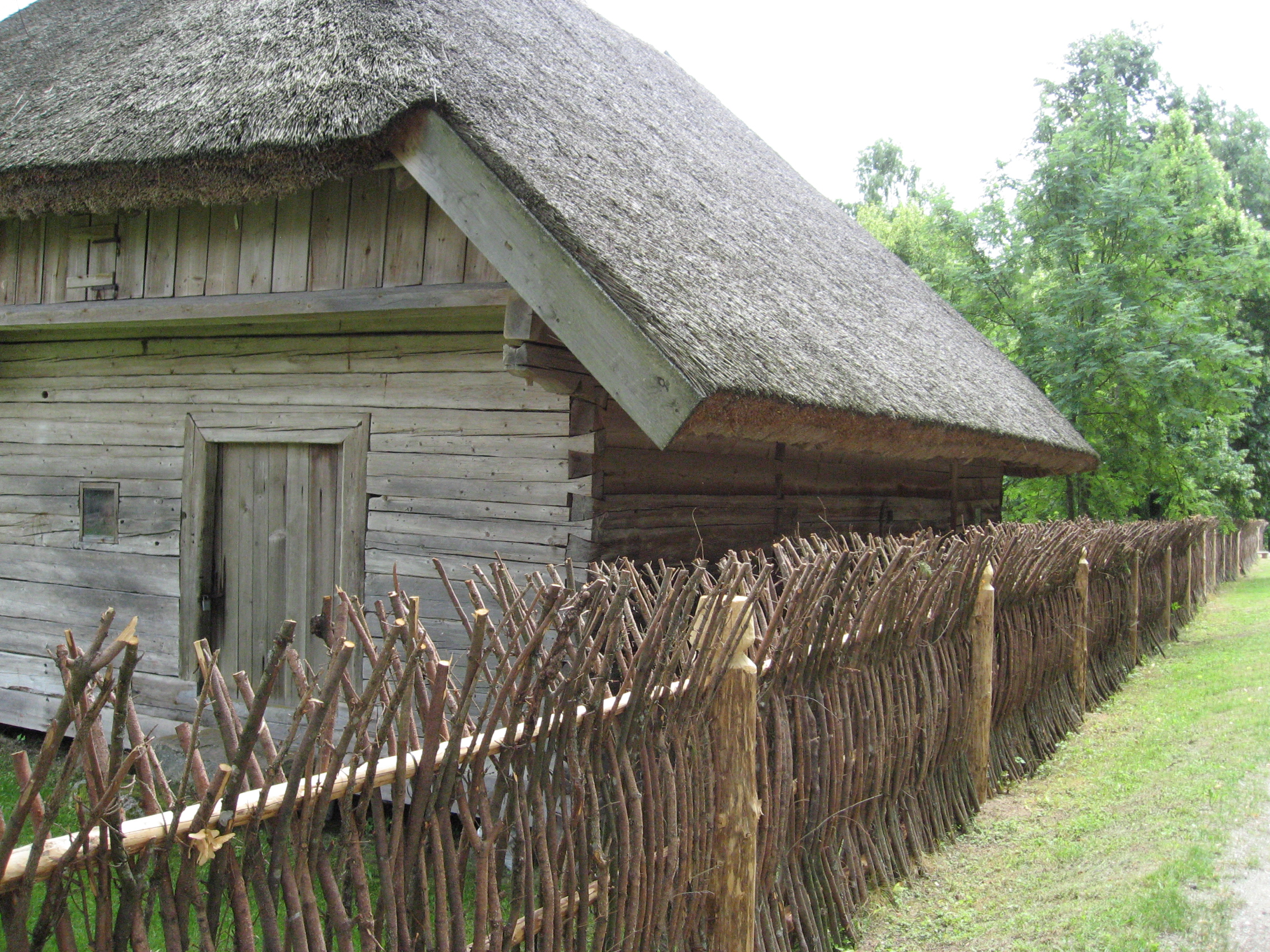
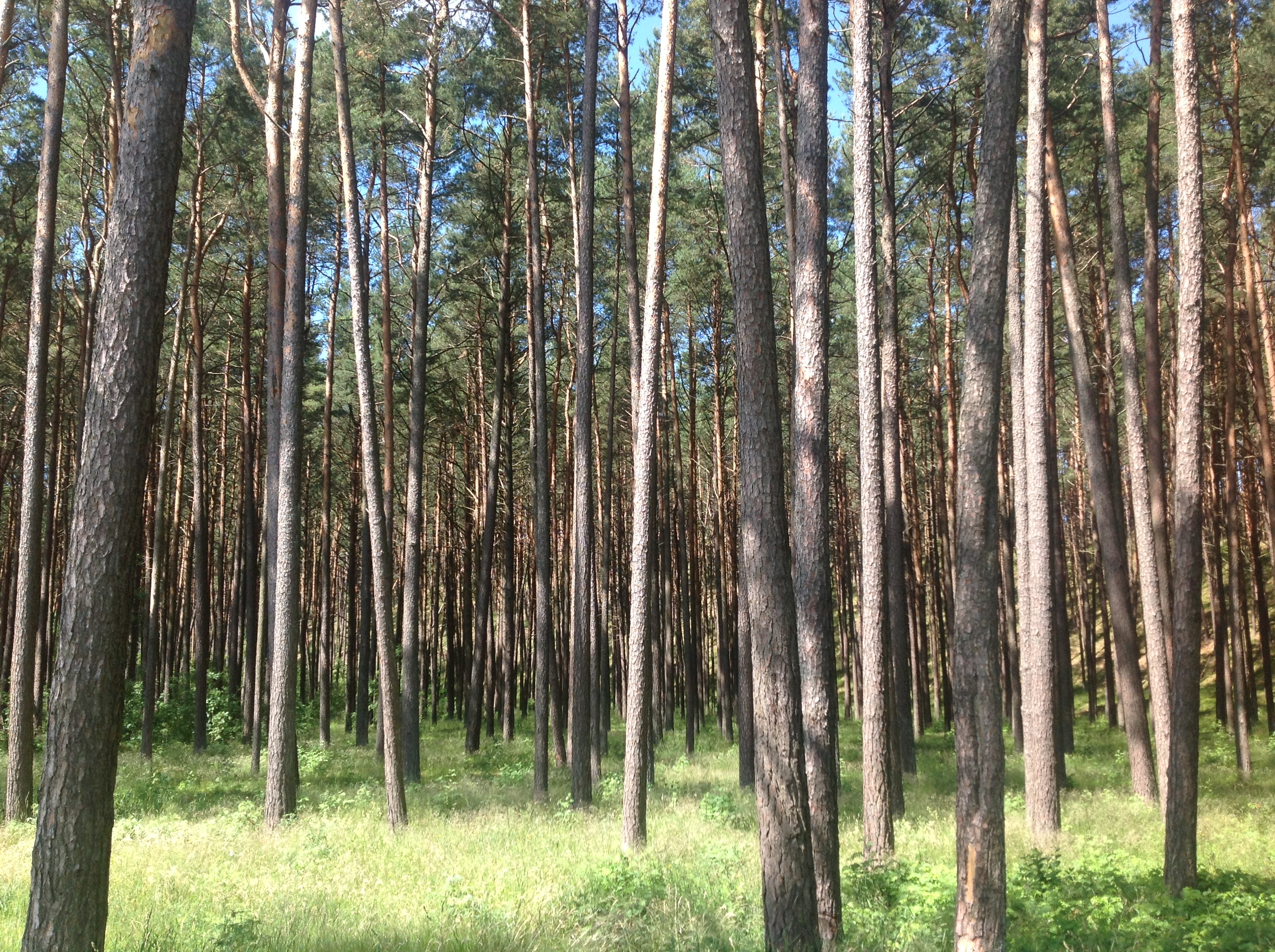
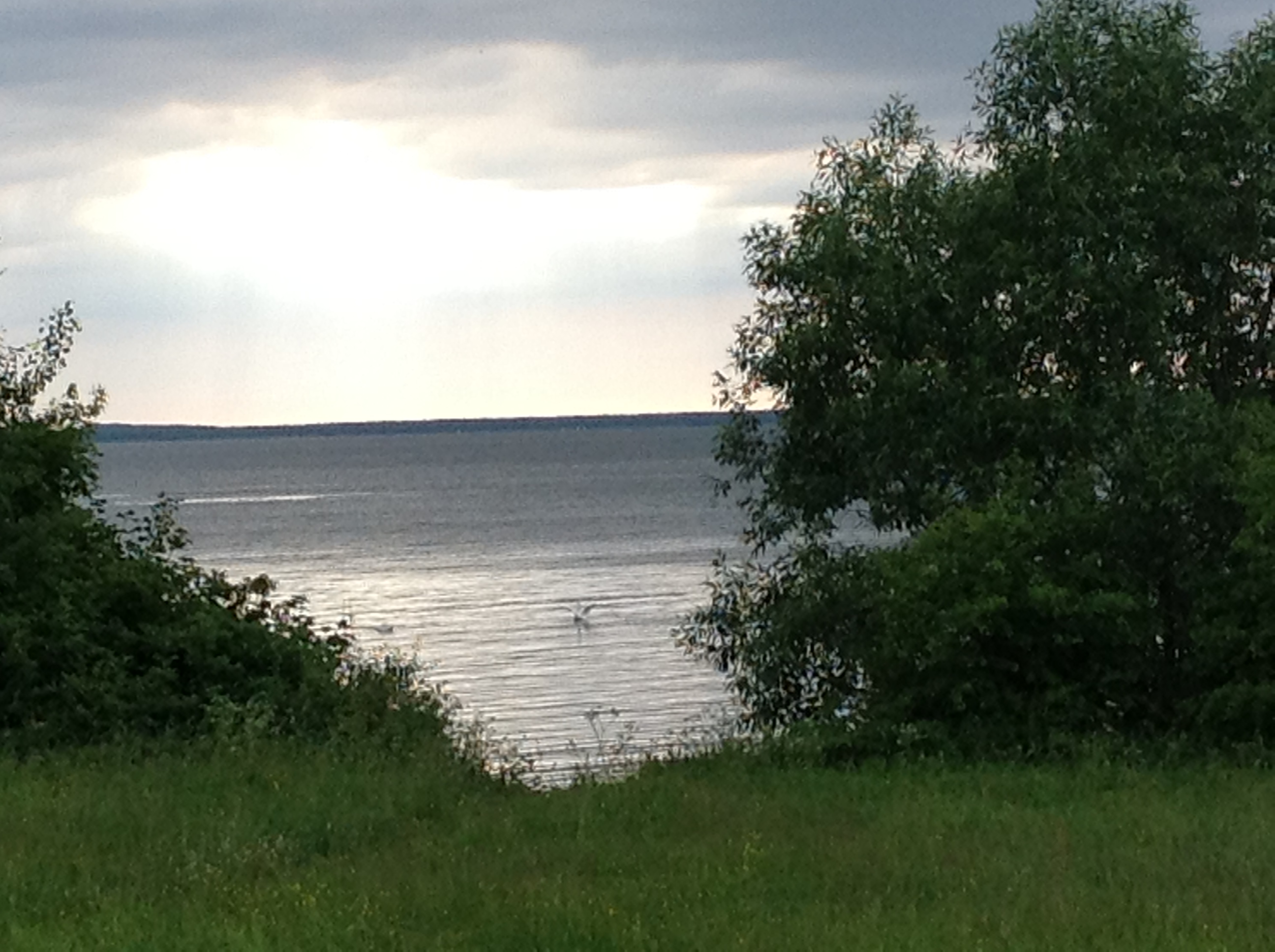
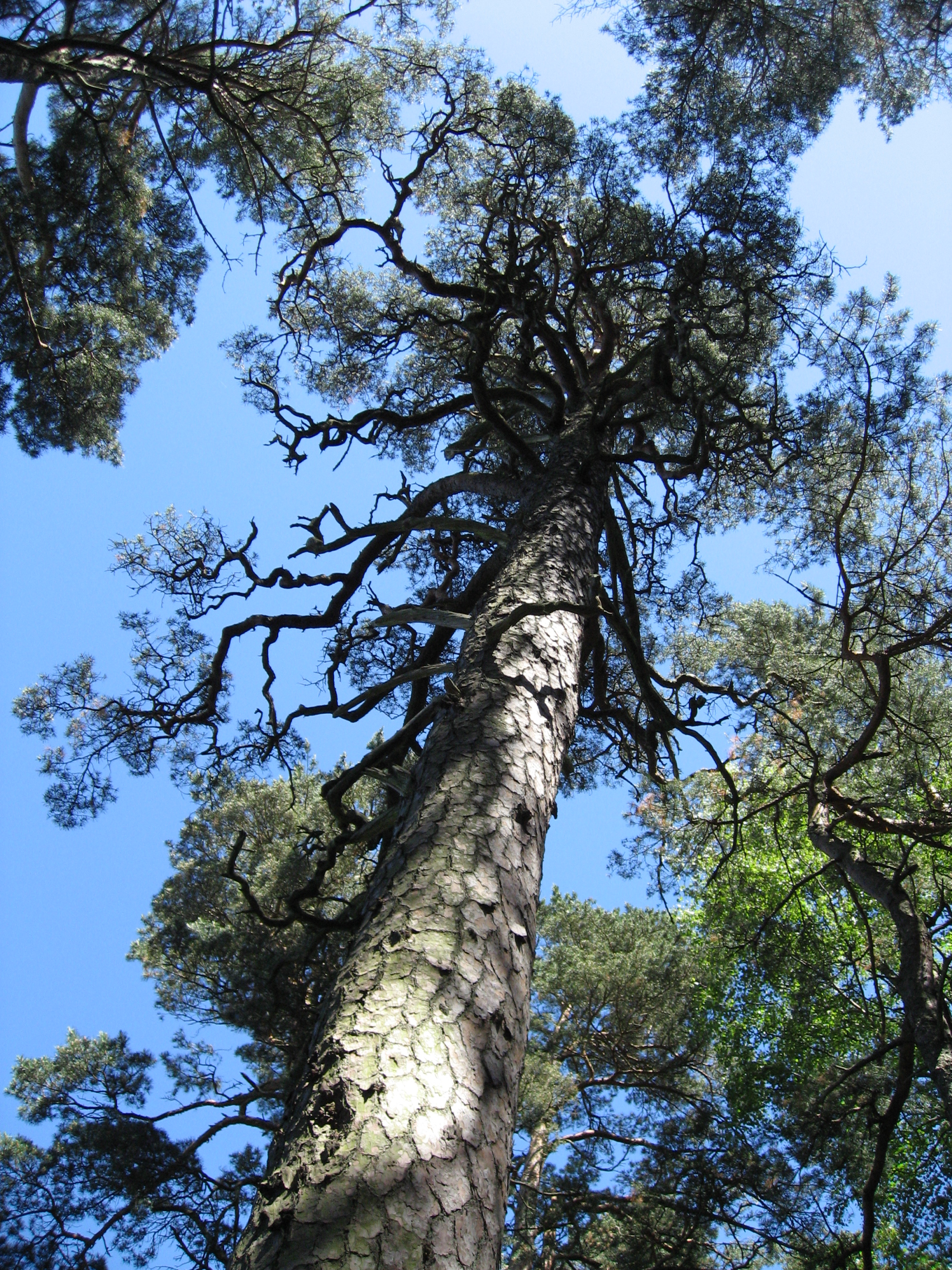
nice blog….through your pics..I was reminded of how simple and natural most foods in Europe are..compared to the very colorful and commercial looking foods that are so commonplace here in the USA…..and how so many people accept that as normal. Also..I’m naming my next band “Genetic Memory”
I’ve been thinking about the food, Wayne. Hmmm, I agree. Most of the food we ate was simple, but delicious. We enjoyed quite a bit of traditional dishes, soups, and smoked meat and fish in Lithuania. I was in my element for these, as I’ve loved smoked trout and that dry Alaskan smoked salmon whenever available to me. The simple but delicious description also fit our meals in England and Paris.
Thanks, Wayne. Yes, Genetic Memory would make a great name for a band!
Wonderful article, Bernice. I’m glad your trip was so fulfilling.
I was wondering how big Lithuania is. If you combined CT, MA, and Vermont, you’d have an equal area with a sea coast equal to Connecticut’s—just in case you were dying to know.
Thanks, Larry. The nice thing about its size for residents is that they can readily enjoy all its diverse landscapes and sights in day or weekend trips. I didn’t know the sea coast was about the same size as CT. That’s interesting! I’ve also read Lithuania is about the size of West Virginia.
Bernice – What a joy to read! And the photographs are beautiful. Looking forward to your talk on Wednesday night.
So glad you liked the piece, Julie. See you Wednesday!
Bernice, I know exactly what you’re talking about. I had the same experience when I visited Poland, especially when we were in the little town where my relatives live. I remember how strong that feeling was. I was “home”. That was in 1987 when Poland was still behind the iron curtain. Time to go back!
Yes, time to return to Poland, May! And, if you have time, take in Lithuania, too. So glad you shared this. Now, we are three… B.
I totally relate to the ‘home’ feeling – also I am convinced that we carry some kind of awareness that tells us who we are/were
there is a news story on one of the CAPA members page that tells of a baby born early 20 oz thought to be not viable -and the mother was allowed to hold it, she put it on her chest, skin to skin and it revived to the amazement of the doctors – I put your book name on the comment, it was so similar!!
Hi Gillian, do you remember which CAPA member? B.
I so recognized that feeling of coming “home”…I don’t know if it was because my grandparents talked so much about Lithuania, but it was an extremely emotional experience for me. I have made two trips – one in 2010 and one in 2012 – and met relatives both times. I attended a family reunion at the farm my grandmother grew up on – felt like she was with me!
Hi Sandy,
Thank you for writing. We are not imagining this sensation of familiarity! I was so thrilled to meet my relatives; they were wonderful to me and my husband, and to see my g-grandfather’s house. I’d love to visit again, maybe even in the next few years like you have done. FYI, I am in the process of adding a few photo albums of my trip on my FB author site. Feel free to take a spin https://www.facebook.com/Bernice.L.Rocque.Author and if you reside in eastern CT, I will be interviewed this week about my book and, if the interviewer chooses, possibly the trip on the local Comcast Channel 12 for Tom Santos show Books and Things. I believe it airs tomorrow night about 9 PM and also reruns this Sunday at 9 AM.